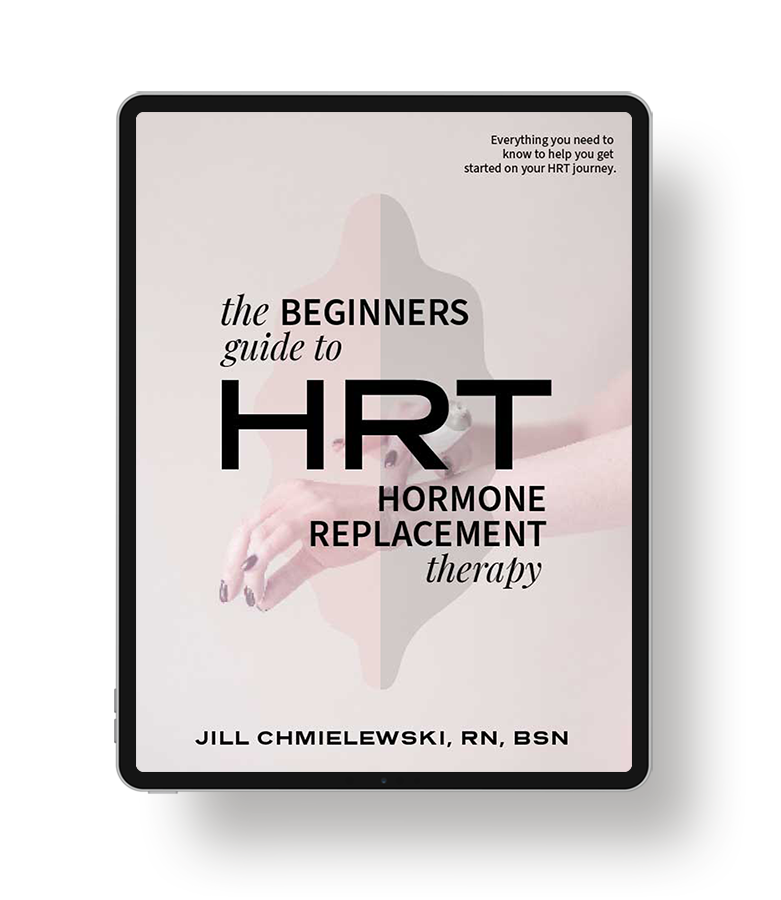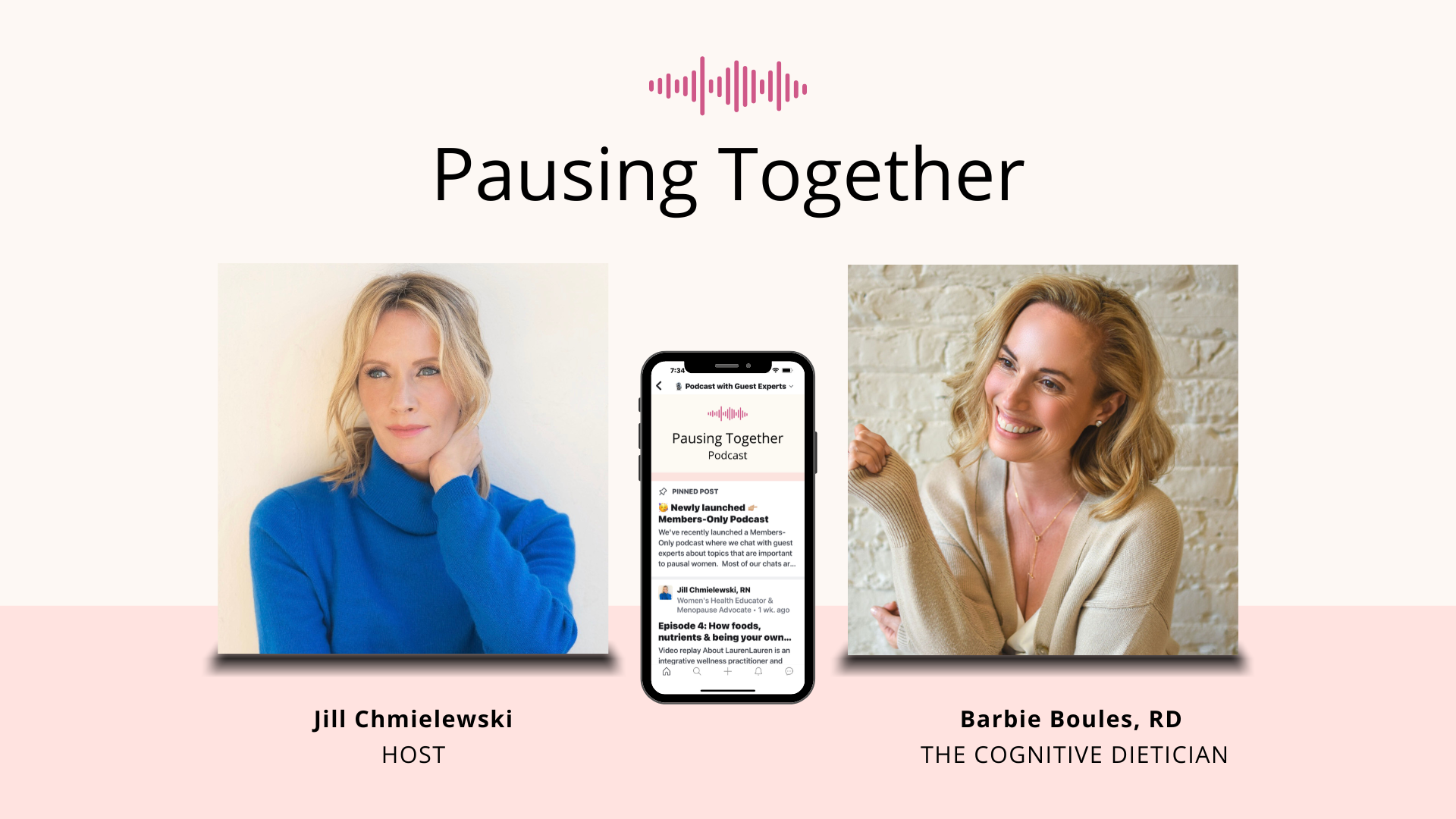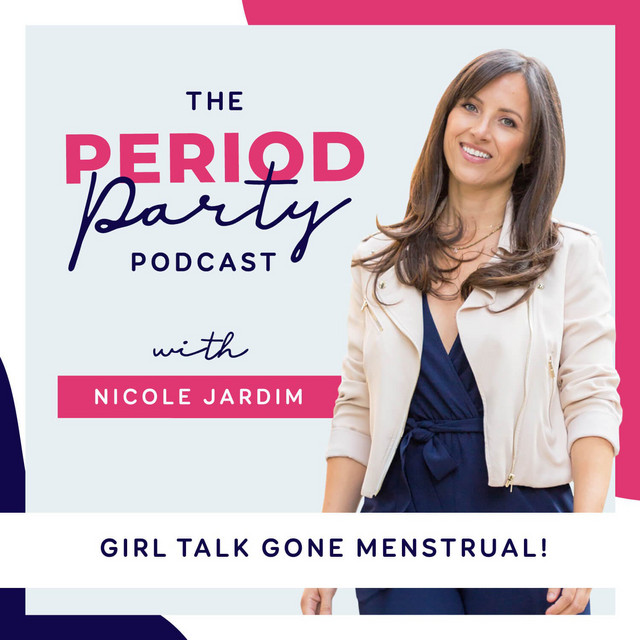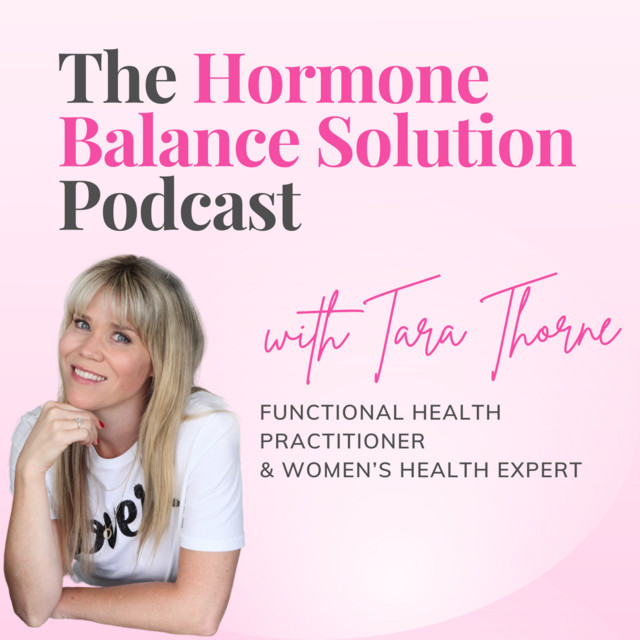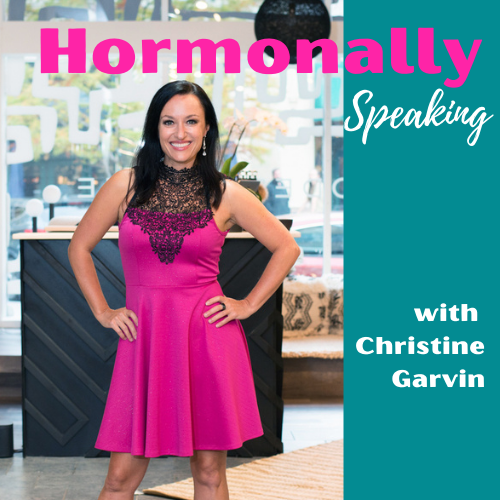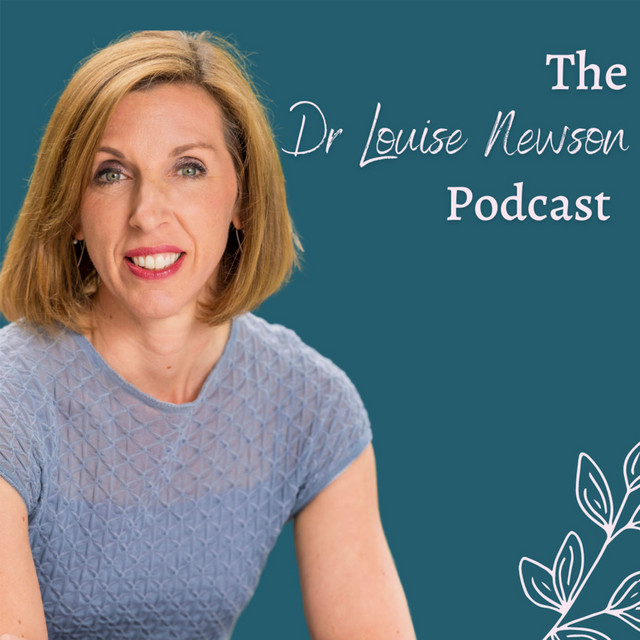About Barbie Boules, RD
Barbie Boules is a registered dietitian, certified health coach, and meditation teacher with over 22 years of experience. In her practice, she works as a private coach, community educator, passionate speaker, popular corporate wellness programmer, and respected dietetic intern preceptor. She’s had the privilege of counseling thousands of men and women around the country on their journey to better health.
Barbie specializes in the unique needs of women over 40. She focuses on helping her clients achieve optimal metabolic and cognitive fitness without the unnecessary and unsustainable rules of dieting, but rather through a genuine understanding of what each client truly needs to transform their health for good.
Barbie takes an integrative approach that’s evidence-based and holistic, emphasizing nourishing foods, quality sleep, daily movement, and developing solid stress skills. She is passionate about a mindful approach to healthy aging and executes a deep knowledge of the psychology and neuroscience behind our behavior surrounding food.
Highlights
- The key to brain health rests upon our underlying metabolic health
- The early warning signs that may indicate dementia or Alzheimer’s Disease
- Self-advocacy is important when it comes to our health; women are often dismissed, and we need to push until we get the answers that we want
- Many of the risk factors for neurodegenerative diseases and Alzheimer’s Disease are controllable – we want to focus on doing what we can to prevent disease
- The metabolic markers that increase a woman’s risk for neurodegenerative diseases and Alzheimer’s Disease include elevated blood pressure, elevated blood sugar, elevated blood lipids, and increased visceral fat (belly fat)
- Estrogen plays a protective role in brain health, but the mechanism isn’t fully understood
- Genes, especially the APOE4 gene, can play a role in developing cognitive diseases, but they do not guarantee that a woman will develop a disease. We all carry the APOE gene – about 2% of people carry two copies of APOE4, and 25% of us carry one copy of the APOE 4 gene. About 50-60% of Alzheimer’s patients do not carry even one copy of the APOE4 gene
- Being a healthy weight does not always equate to being healthy – it is important to get a set of labs to look at metabolic health
- Intermittent fasting and keto are often recommended to women over 45 who have metabolic syndrome, and that is not necessarily helpful; other aspects of diet are far more important
- Alcohol negatively impacts the brain. The Huberman lab episode – What Alcohol Does to Your Body, Brain & Health dives deep into this topic
- With all of the body composition changes and metabolic changes happening during our pausal years, pausal women need to take specific action to prevent significant metabolic changes that increase our risk for disease
- The importance of making yourself a priority in midlife if we want to prevent disease
- It can be very helpful to work with an RD, a coach, or someone else to help guide you toward your goals.
- It’s never too late to make changes that will impact your long-term health ~ Barbie shares how she made changes that dramatically improved her metabolic health.
How to find /work with Barbie
- Website: https://barbieboules.com/
- Instagram: https://www.instagram.com/the_cognition_dietitian/

